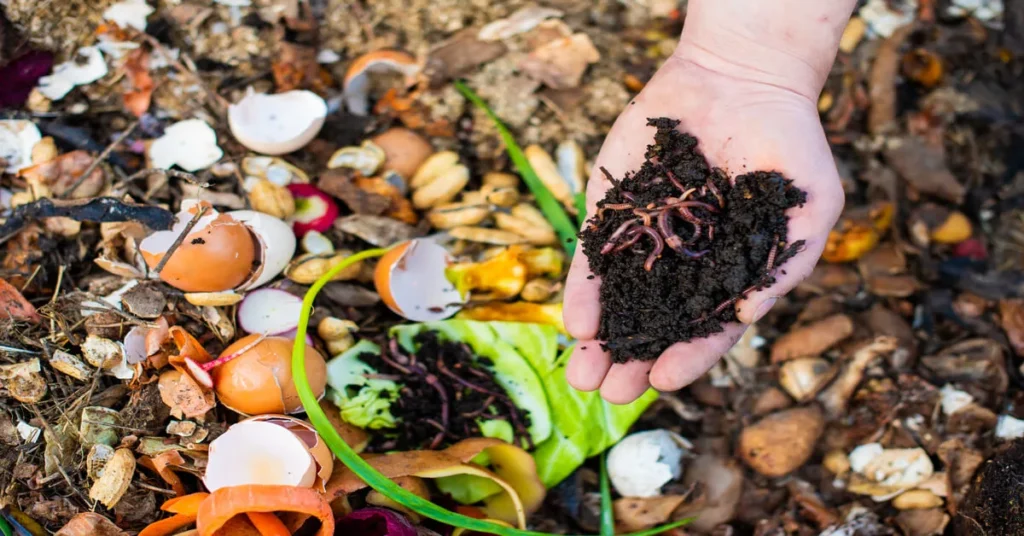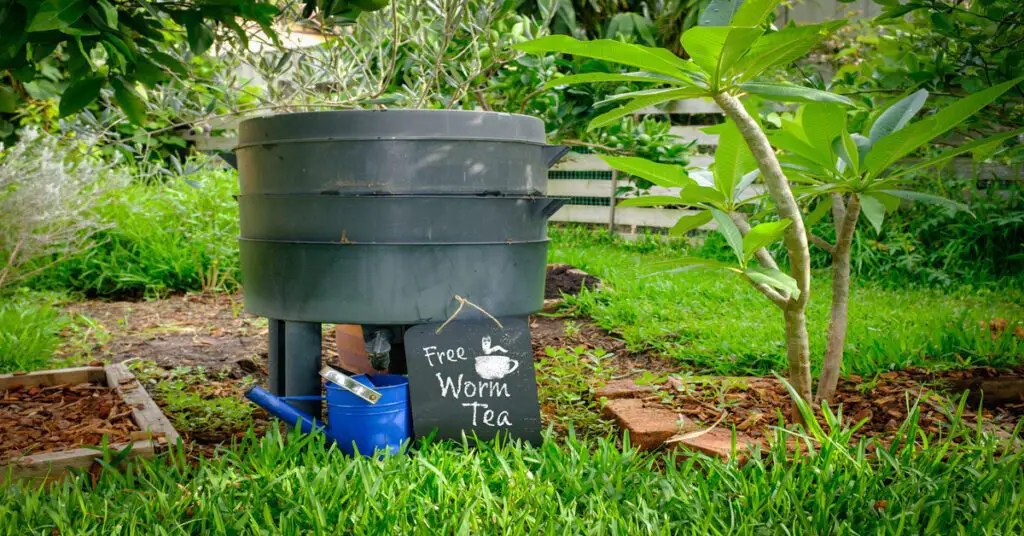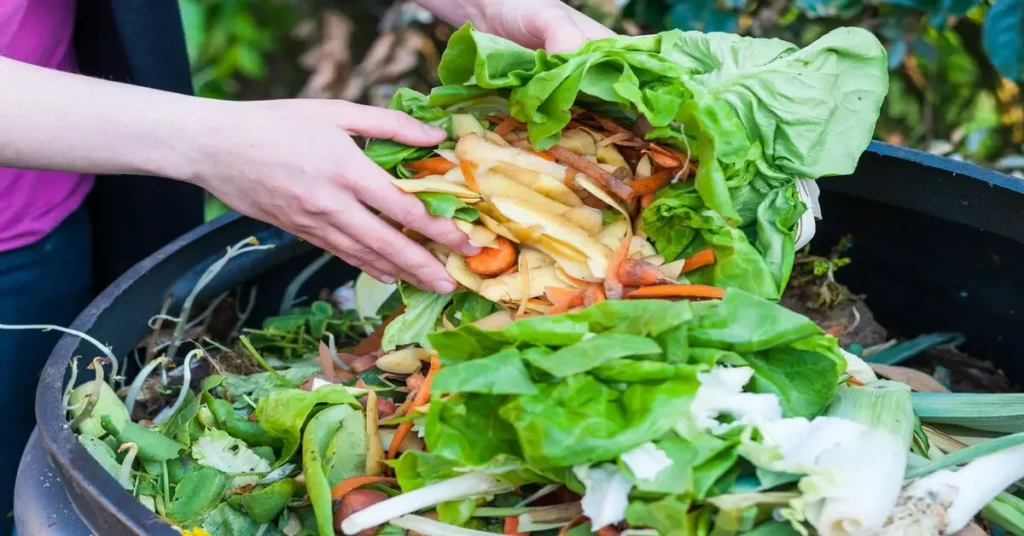Every gardener knows that the key to healthy plant growth is quality soil. Two options that garden enthusiasts often turn to are compost and worm castings.
These organic fertilizers provide vital nutrients and enhance the soil structure, but what is the difference between them?
This article will explore worm castings vs. compost and help you understand which might be the best for your gardening needs.
What are Worm Castings?
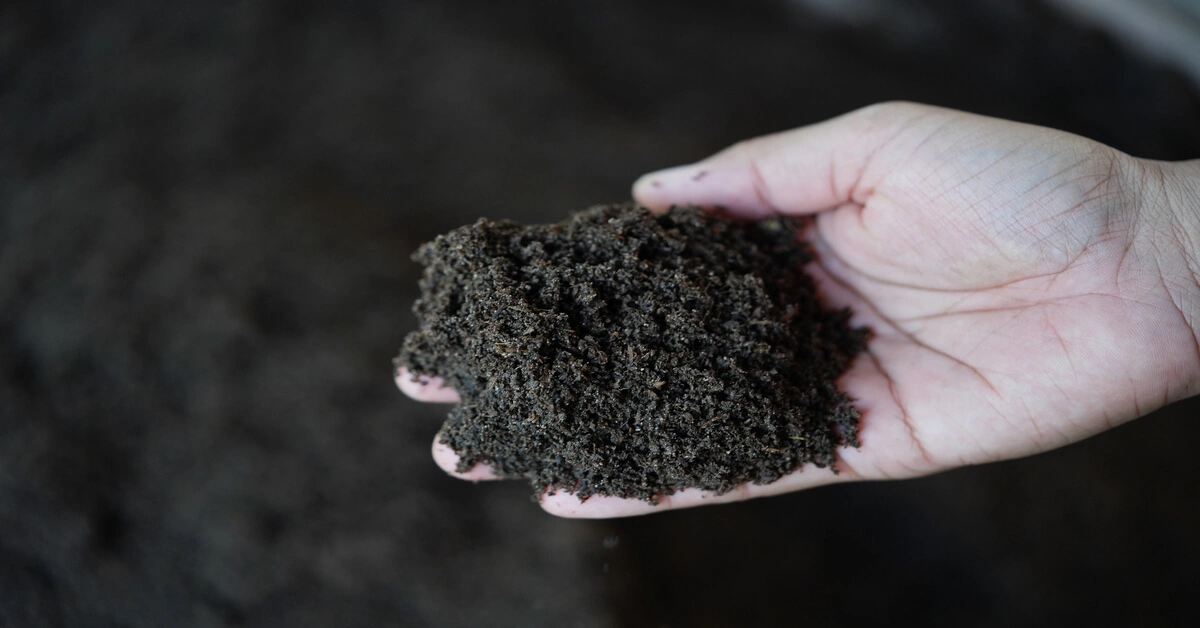
Worm castings, also called vermicompost or worm poop, are a type of organic fertilizer produced by earthworms. As worms consume organic waste, they excrete a rich, dark substance known as worm castings.
These castings are coated in beneficial microbes and offer an excellent source of slow-release nutrients to enhance plant growth.
Worm castings also improve the soil structure, enhancing its ability to retain water and fostering a conducive environment for plant roots.
Vermicomposting vs. Regular Composting
Composting breaks down organic matter in a compost pile or bin, such as grass clippings, leaves, and kitchen scraps. Traditional or hot composting involves a decomposition process that generates heat.
This requires a careful balance of green (nitrogen-rich) and brown (carbon-rich) materials and regular turning of the compost pile, and it takes time for the organic materials to decompose fully.
On the other hand, vermicomposting involves feeding organic waste to composting worms in a worm bin. The worms break down the waste much faster than the traditional composting process, producing worm castings.
Vermicomposting doesn’t generate heat and can be done on a small scale, making it suitable for indoor composting or those with limited outdoor space.
Worm Castings vs. Compost: Comparing the Nutrient Content
Both worm castings and compost improve soil fertility by adding essential nutrients. However, the nutrient content can vary.
Compost typically contains a good balance of the three primary plant nutrients: nitrogen, phosphorus, potassium, and other minor and trace nutrients.
Worm castings, in contrast, are packed with a higher concentration of nutrients, particularly nitrogen. The nutrients in worm castings are also more readily available for plant uptake, leading to quicker and more noticeable effects on plant growth.
Furthermore, the microorganisms present in worm castings can help suppress plant diseases.
Compost and Worm Casting Usage
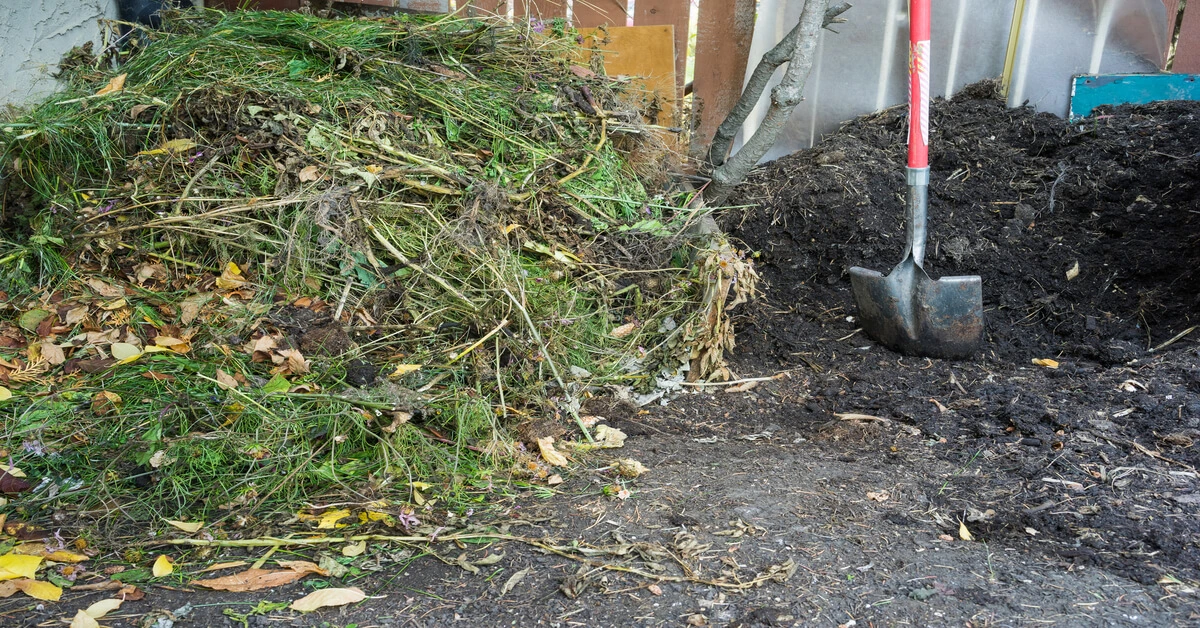
Compost is often used in larger quantities to amend garden soil, improving its structure and nutrient content. It’s an excellent soil additive for establishing new garden beds or rejuvenating existing ones. Compost also works well as a mulch around plants.
Due to their higher nutrient content and cost, Worm castings are used more sparingly. They are often used as soil amendments around individual plants or mixed into potting soil.
Gardeners might also brew a compost tea with worm castings, providing a nutrient-rich liquid fertilizer that can be applied directly to plant leaves and roots.
Advantages and Disadvantages of Worm Castings
Advantages:
Nutrient-Rich: Worm castings contain a high concentration of readily available nutrients, particularly nitrogen, which can significantly enhance plant growth and health.
Microbial Activity: The process of vermicomposting produces pure worm castings that are teeming with beneficial microorganisms, enhancing soil fertility and helping to suppress plant diseases.
Soil Structure: Adding worm castings to your garden improves the soil structure, increasing its ability to retain moisture and nutrients.
Sustainable: Worm castings provide a sustainable way of recycling organic waste, turning it into a high-quality organic fertilizer.
Disadvantages:
Cost: Organic worm castings are more expensive than regular compost or synthetic fertilizers, which could be a barrier for some gardeners.
Worm Care: Creating worm castings requires a worm bin and a certain level of maintenance. The worms need a steady supply of organic matter for food and suitable worm bedding to thrive.
Limited Quantity: The process of producing worm castings can be slow and might make less product than a conventional compost bin, limiting the quantity available.
Nutrient Balance: While worm castings are rich in specific nutrients, they may not contain the full range of nutrients that plants require, necessitating additional soil amendments for balanced nutrition.
Advantages and Disadvantages of Traditional Composting
Advantages:
Volume: Traditional composting, often done in a compost heap or bin, can handle many compost materials, including yard waste like leaves, grass clippings, and small branches.
Variety of Input: Composting requires a mix of green and brown materials, allowing a wide variety of organic waste to be composted, such as vegetable scraps, coffee grounds, eggshells, and paper.
Free Fertilizer: Making compost at home reduces waste and creates free, nutrient-rich soil amendments, beneficial for garden soils and plants.
Environmental Impact: Composting helps reduce the volume of waste sent to landfill, decreasing methane emissions and contributing positively to environmental sustainability.
Disadvantages:
Time-Consuming: Traditional composting takes several months, depending on the materials used and the composting conditions. It requires regular turning and monitoring to ensure proper decomposition.
Space Requirement: A compost heap or bin requires a certain amount of space in your garden, which may not be available for those living in apartments or with small yards.
Potential Odors and Pests: If not appropriately managed, composting can attract pests and create unpleasant odors, which can be a nuisance.
Effort: Composting requires a fair amount of physical labor, including collecting materials, turning the compost pile, and screening the finished compost before use.
Conclusion
In the debate of worm castings vs. compost, the truth is that both have a rightful place in the garden. They each offer unique benefits, and combining them can be an excellent strategy to maintain healthy, nutrient-rich soil.
Ultimately, choosing between compost and worm castings will depend on your gardening needs, resources, and preferences.
Whether you turn your kitchen scraps into compost, feed them to your worms, or combine them, you’ll contribute to a healthier garden and a more sustainable world.

